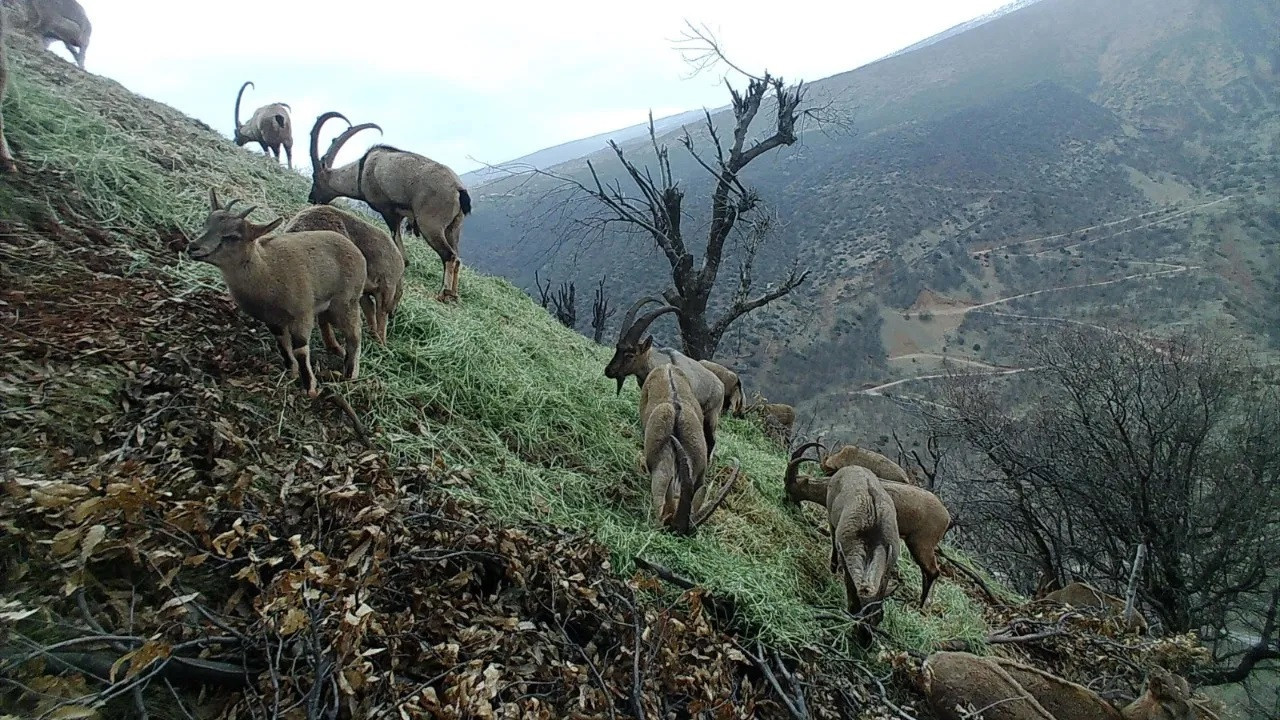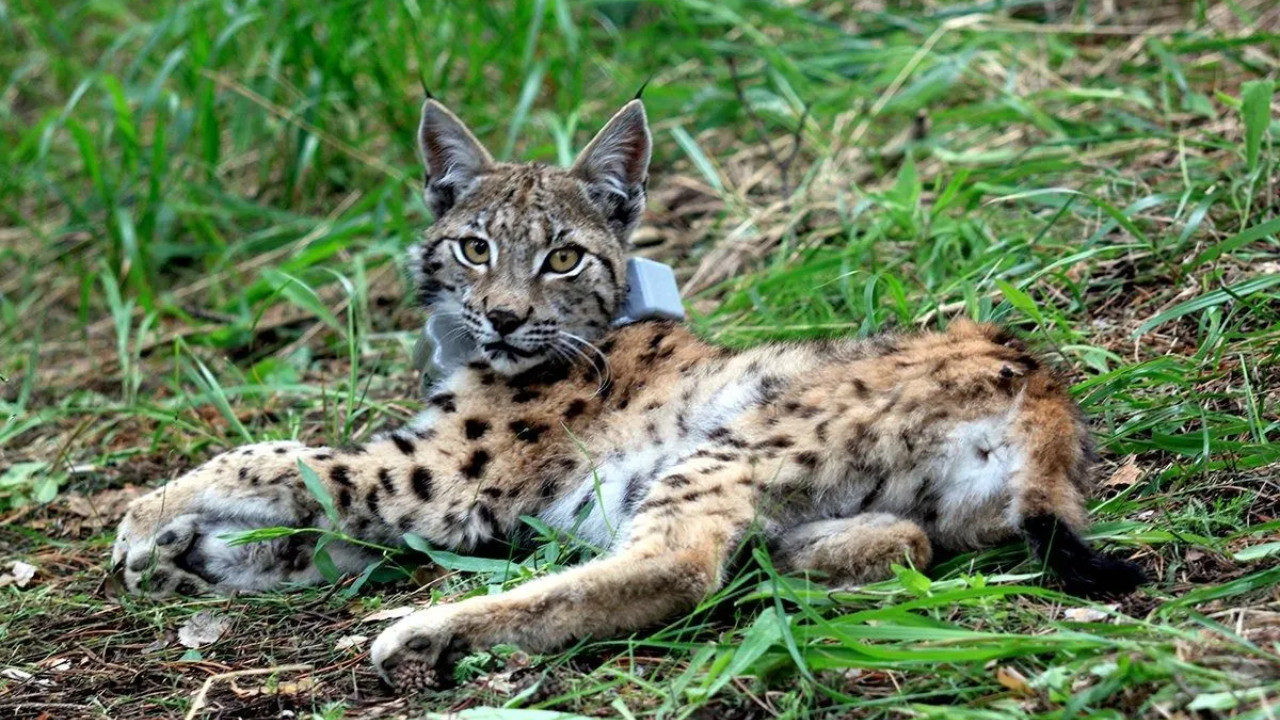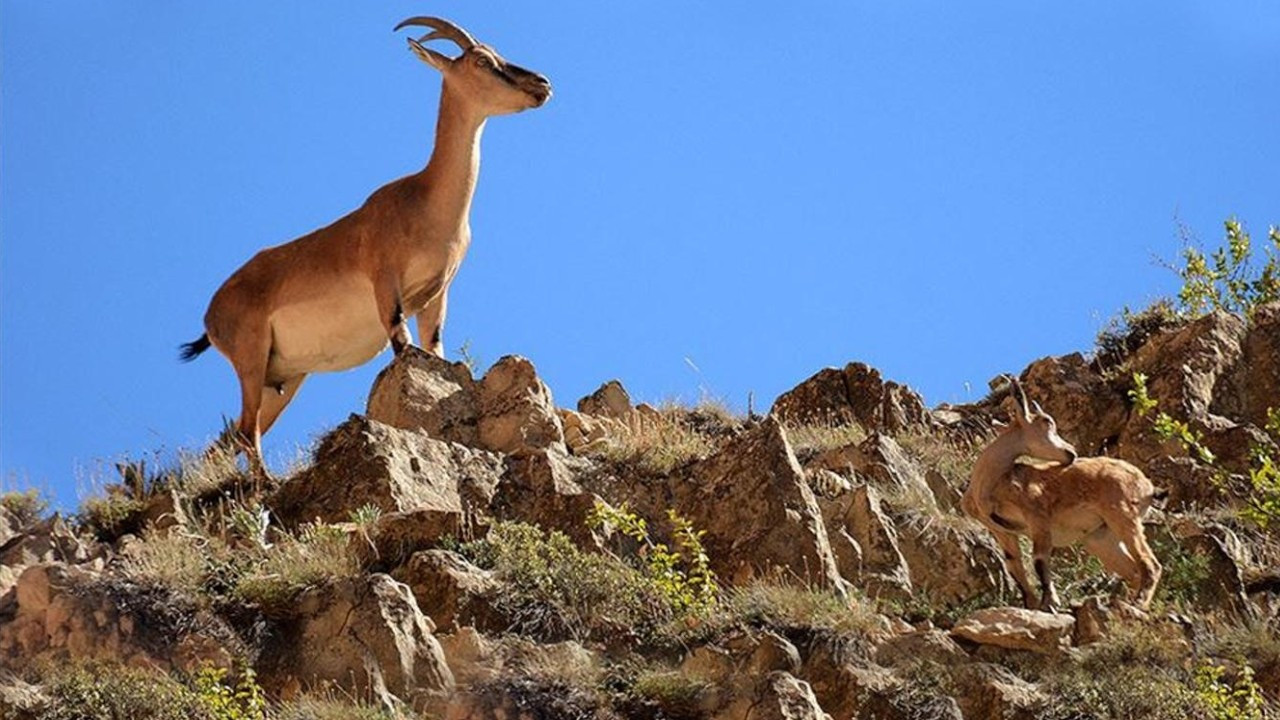Tourists in Antalya disturb endangered Mediterranean monk seal habitats
Experts warned that increasing tourist access in sea caves of the southern Antalya province disturbs the endangered Mediterranean monk seal habitats and could result in pup deaths. Fewer than 700 individuals are estimated to live in the wild despite preservation efforts.
Duvar English
The caves located on the cliffs of Antalya province in southern Turkey are one of the few nesting areas for the endangered Mediterranean monk seal.
With only around 700 individuals remaining globally, these seals have become a major attraction for tourists, with boat tours frequently visiting the cliff shores.
This year, hundreds of paddleboard enthusiasts have joined the boats, increasing traffic in the sensitive areas where the biannual reproduction of the seals takes place, according to reporting by the Demirören News Agency (DHA).
Prof. Dr. Mehmet Gökoğlu from Akdeniz University’s Faculty of Aquatic Sciences stated that the frequent use of this route disturbs the Mediterranean monk seals and also the bats nesting in the caves.
He noted that some of the few remaining Mediterranean monk seals lived along the coasts between Turkey and Greece. “The caves on the Antalya cliffs have seal pups. It is very risky for people to enter these caves so frequently. Bats are also present and disturbed by this intrusion,” Prof. Gökoğlu added.
He explained that the seal pups were dependent on the land when they were young. “The mother comes to nurse the pups. If someone is at the cave entrance, the mother gets disturbed and may abandon her pup. We could lose the pup. Seals give birth only once every two years. Because they reproduce so infrequently, we must avoid disturbing their habitats,” the expert emphasized.
Gökoğlu suggested that this sport could be practiced without approaching the cliff shores too closely and recommended setting a boundary with buoys to prevent intrusion into sensitive areas.


 Turkish directorate monitors wildlife with camera trapsEnvironment
Turkish directorate monitors wildlife with camera trapsEnvironment Endangered Caucasian lynx walks 2200 km in one year, GPS showsEnvironment
Endangered Caucasian lynx walks 2200 km in one year, GPS showsEnvironment Endangered wild mountain goats captured on camera while running away from Dersim forest fireDomestic
Endangered wild mountain goats captured on camera while running away from Dersim forest fireDomestic